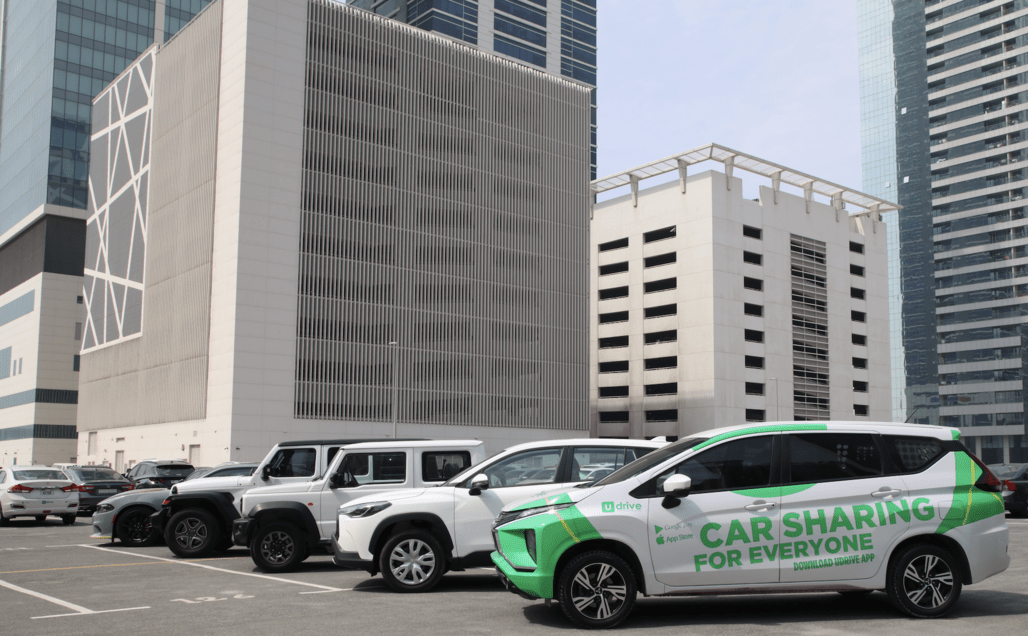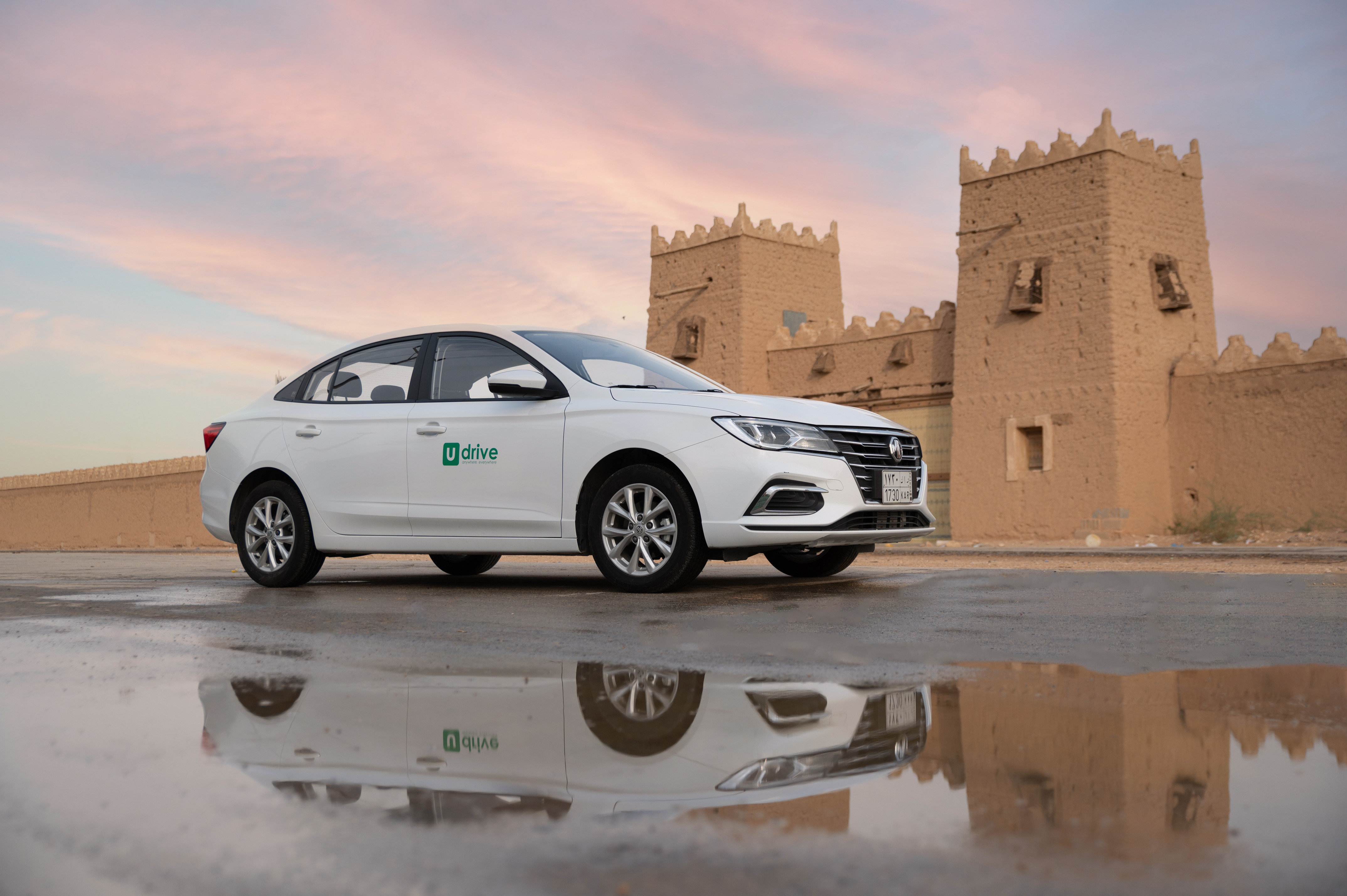Climate change affects every sector of society, and transport is no exception. According to a recent World Bank report, greenhouse gas emissions from the transport sector currently make up 20% of the world’s total emissions. These emissions could increase by as much as 60% over the next three decades. The MENA region has not taken this challenge lightly and has started to embrace cleantech. Local governments are implementing initiatives to address climate change, such as the UAE’s Year of Sustainability, and have also recently increased the goal of reducing carbon emissions by 2030 from 31% to 40%, showing the country’s urgency to tackle the issue.
An exciting transformation is underway in the transportation industry, and at the heart of this change is the global focus on sustainability. The transportation sector is a significant source of carbon emissions and environmental imbalances. As the MENA region prepares to host the COP28 climate conference in the UAE, it becomes crucial to rethink, redefine and fundamentally reshape our current mobility patterns.

The Shift Towards Car-Sharing
At the core of sustainable modes of transport is car-sharing, which has emerged as a popular smart alternative to traditional car rentals and ownership. The social shift highlights the unsustainability of conventional transportation and the need for more sustainable modes of commuting as consumer preferences change to prioritise convenience and sustainability. Industry forecasts predict that the car-sharing sector in the UAE alone will generate $82.52 million in revenue by 2023. This development has the potential to significantly impact the future of transportation in the region by reducing traffic congestion, carbon emissions, and dependence on personal vehicles.
Car sharing has existed since the ’80s, initially appearing in Europe long before the sharing economy and digital age. Globally, the car-sharing market is projected to grow 34.8% year-over-year by 2024, reaching $16.5 billion. Four out of every ten car journeys will eventually be by car share, with the Oliver Wyman Forum reporting surging growth in the sustainable mobility industry will see an increase to $660 billion in 2030. Today, the car-sharing industry in Dubai has the highest penetration rate in the Middle East region, representing 0.05% of the passenger car market, and is projected to quadruple within the next two years.

The Rise Of Smart Technologies
In modern business, disruption of traditional practices is commonplace. The digital revolution has led to widespread reliance on smartphones and applications for day-to-day functions such as mobility. Users can find, and book shared transport options with the click of a button, making transportation more accessible to everyone. For car-sharing service providers, IoT technologies can gather data from shared transport vehicles, enabling operators to optimise their services by reducing wait times, identifying the most popular routes, and adjusting service offerings accordingly. From a logistics perspective, vehicle-sharing services like Udrive can evolve to use this valuable data to provide more customised vehicle options, benefits, and pick-up and drop-off locations, reducing travel time and increasing commute satisfaction.
Fractionated Ownership
Another phenomenon taking over in several industries is Fractionalisation, which divides ownership into smaller units. It can enhance the marketability and liquidity of assets which would otherwise be illiquid.
Owning a car is no longer financially feasible, and people are turning to car-sharing platforms to save money and get better value. Car sharing reduces financial barriers to access, as users don’t need to bear total ownership costs, including the vehicle’s price and maintenance, insurance, and parking. Simultaneously, car sharing encourages efficient resource use. While most cars sit idle when multiple users share a car, this model ensures efficient usage, reducing the need for parking space and decreasing the number of vehicles on the road, alleviating traffic congestion and reducing environmental impact. Alternatively, car rentals have a minimum required spend of 24 hours, while car sharing at its most fractionalised level is charged per minute. Customers can typically select a model, pay a fee for daily, weekly, or monthly usage and can cancel at any time. Allowing assets to be traded in smaller units reduces barriers to entry and exit, enabling efficient price discovery and risk diversification.

Envisioning A Sustainable Future
As we move towards a more sustainable future, we must begin steering the focus away from private car ownership towards shared smart transportation. According to an independent study, about 85% of Riyadh’s eight million daily trips are taken by car. The transition to more sustainable transport is significant in Gulf cities that were built around car dependency but now need to prioritise meeting their net-zero pledges. We need efficient, cost-effective, and environmentally responsible solutions to help people move from one point to another.
With the population of the MENA region expected to increase to 581 million in 2030 and 724 million by 2050, shared mobility alternatives can play a crucial role in improving air quality, promoting a balanced environment, and increasing accessibility to transport for underserved populations. By reducing the number of private vehicles on the road, shared mobility can contribute to the region’s efforts to decarbonise and secure a safer, sustainable, and more mobilised world for future generations.
Originally written by Nicholas Watson, CEO & Co-founder of Udrive. Edited by Vibha Mehta.




